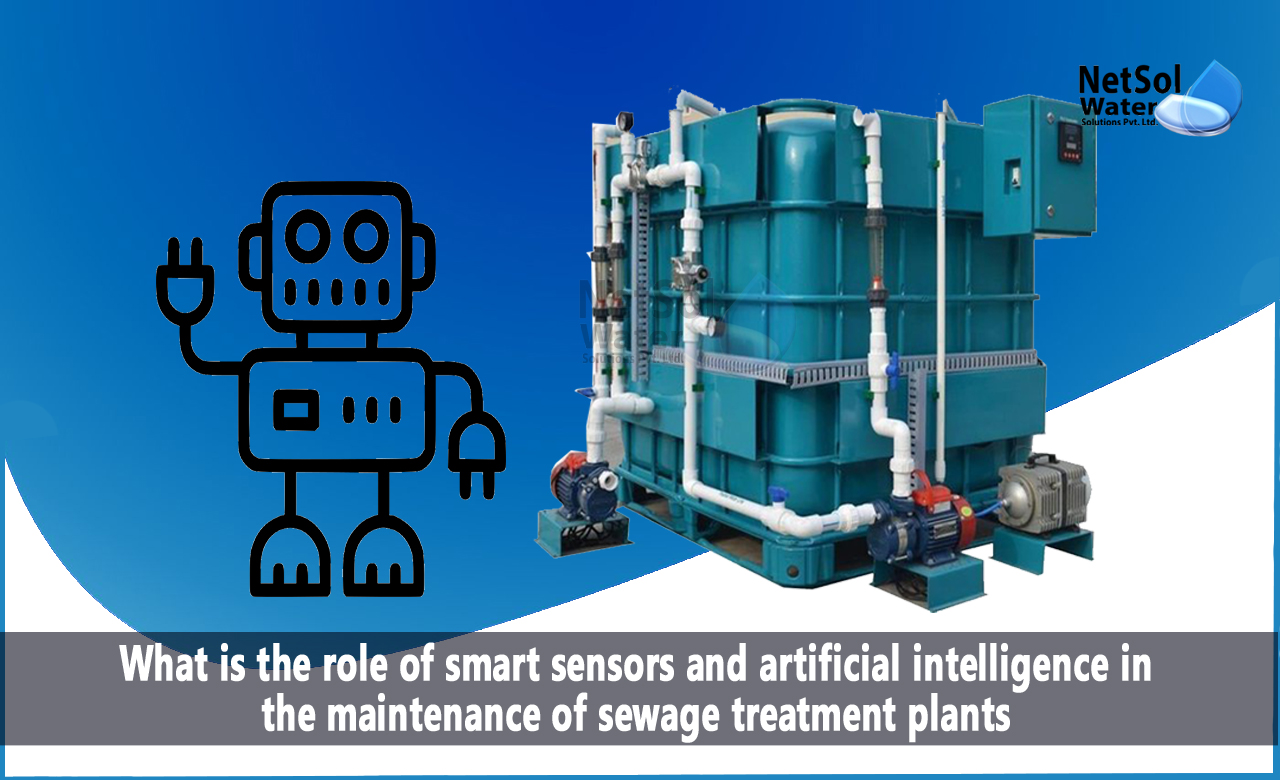What is the role of smart sensors and AI in the maintenance of STP?
Every industry needs a sewage treatment plant (STP) for the safe disposal of treated wastewater into the environment. We must put in place a system that keeps track of whether a sector employs STP or not. We also must keep an eye on the untreated wastewater quality, in order to monitor sewage treatment plants.
The time-consuming and ineffective strategy is offered by the conventional approaches in STPs. Now-a-days, intelligent sensors and AI model is used to address this issue, enabling real-time monitoring of the wastewater quality metrics.
Let’s understand the role of smart sensors and artificial intelligence in the maintenance of sewage treatment plants or STPs.
-
Smart Failure Model Effects and Criticality Analysis (FMECA)-based Intelligent Asset Management
FMECA is a well-known method for evaluating physical asset failure risks, with the goal of preventing issues and malfunctions. It is based on an analysis of failure chains using data, including the mode of failure, its consequences, and its causes.
For particular assets, predictive maintenance systems can be utilized to predict and anticipate failure modes, and link them to likely causes.
-
Quality Control and Zero Defect Production
One of the most common sources of faults, and production quality problems in manufacturing is malfunctioning assets. For instance, a failing asset may result in wear and tear that results in subpar goods.
Hence, these smart sensor systems can be employed to proactively foresee asset problems, and to set off measures that stop them from occurring. This serves as a base for enhancing manufacturing procedures in the direction of excellence in quality.
The concept of Zero Defect Manufacturing (ZDM), which uses a variety of preventative and predictive techniques to guarantee that no defective goods are created in an industrial site, is also made possible in large part by these smart sensors.
-
Augmented reality-based remote maintenance
When combined with AR-based remote maintenance, smart sensors can assist shorten maintenance times. In this paradigm, a maintenance engineer from the STPs original equipment manufacturer, gives on-site technician instructions for remote maintenance or repair.
A condition monitoring system or smart sensor system's data on the asset's status, are used to plan the instructions. The approach speeds up maintenance and repair by eliminating the need for travel to the location.
Conclusion
AI is a technology that has multiple layers. It exchanges information between hardware and cloud storage. As of right now, artificial intelligence provides clients with a built-in feature, which makes it simple to design software applications for linked hardware devices, as well as taking care of cross-device interoperability, data security, and scalability.
Sensor node technologies, such as wireless sensor networks, downsizing, and nanotechnology, are important fields of AI-related technology used in STPs.
What do we offer?
Netsol Water is the best manufacturer of water and wastewater treatment plants in India. We provide advanced treatment methods in sewage treatment plants and effluent treatment plants.
With the help of innovation and market expertise, we can provide smart sensors and artificial intelligence to maintain STP properly. For further information, contact us at +91 9650608473 or email at enquiry@netsolwater.com



